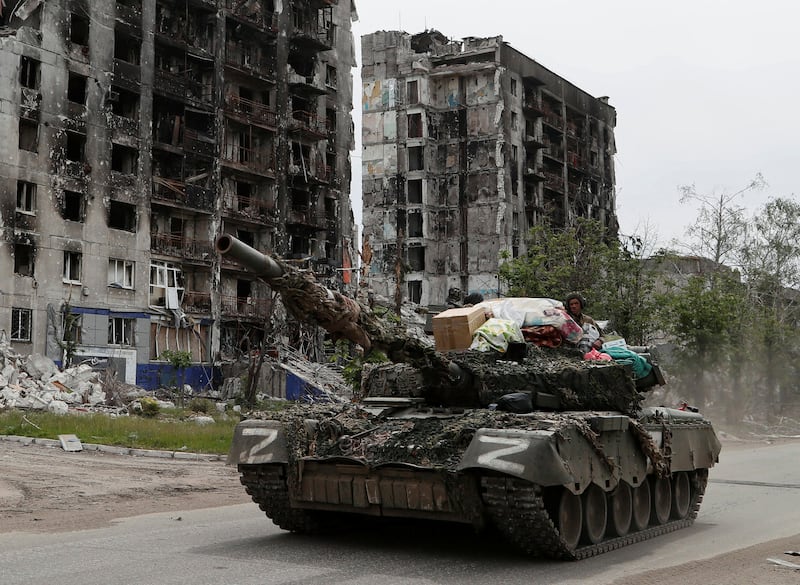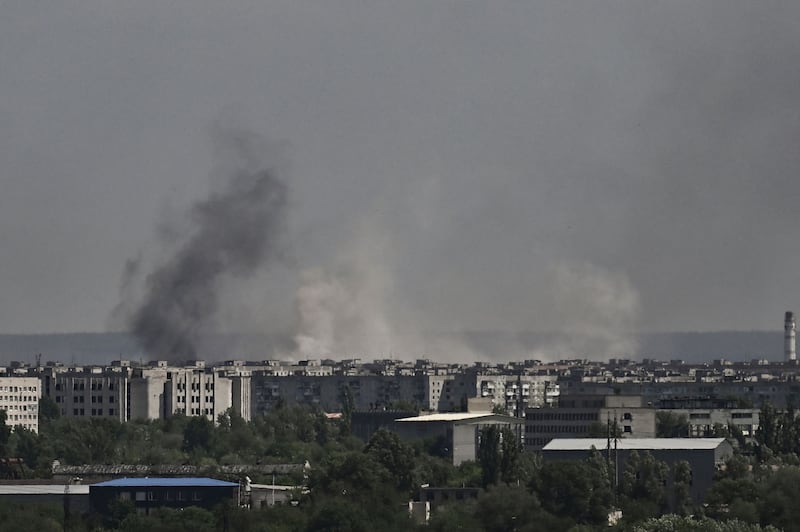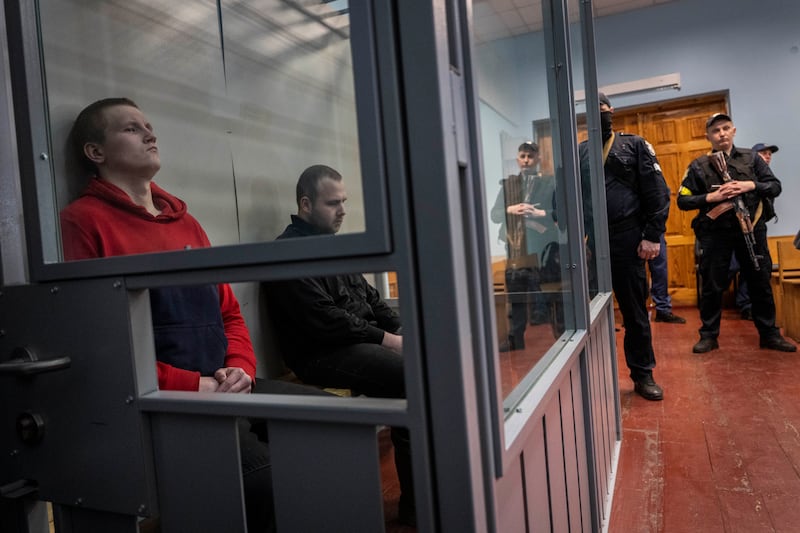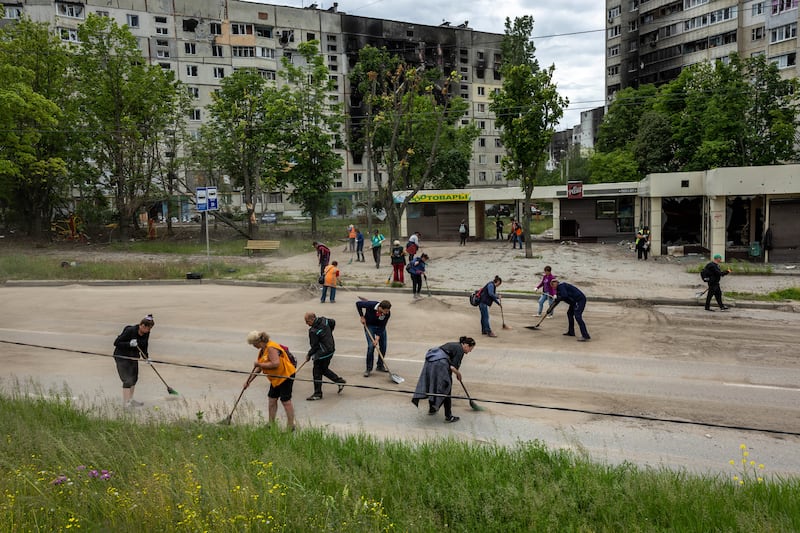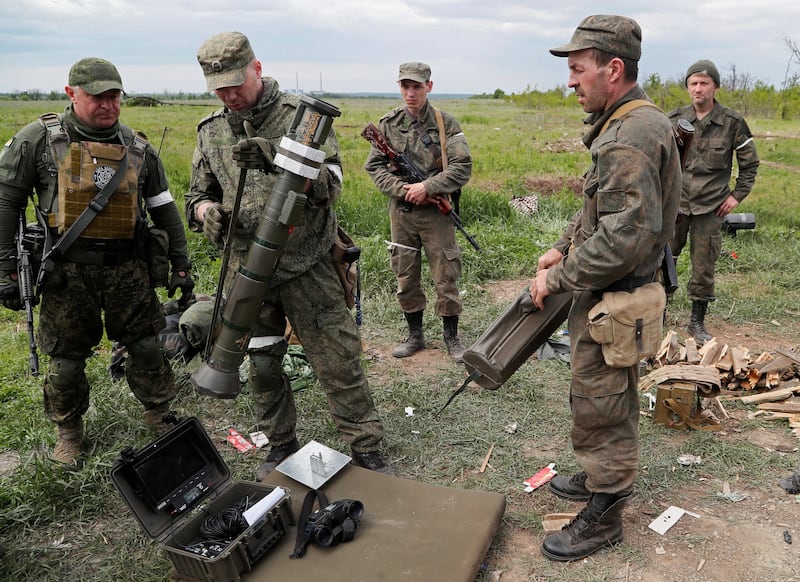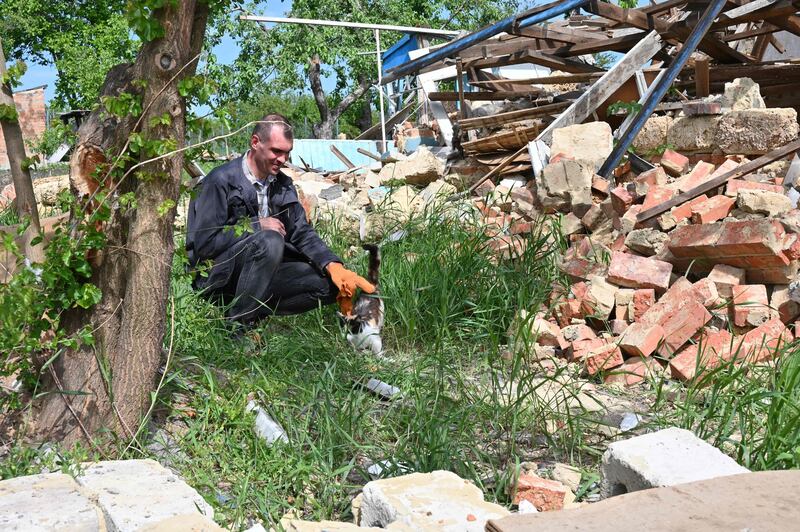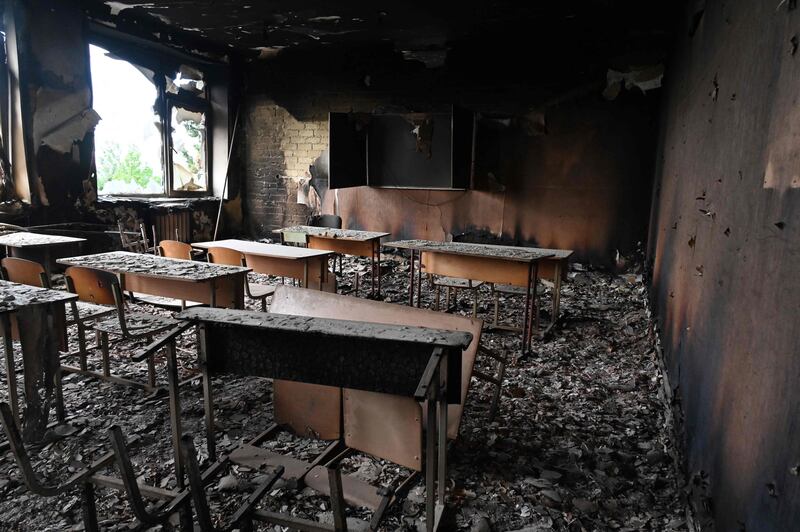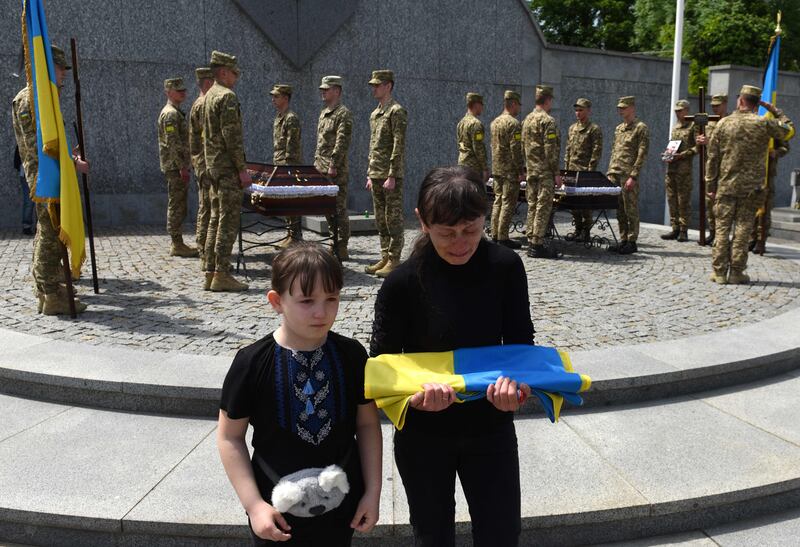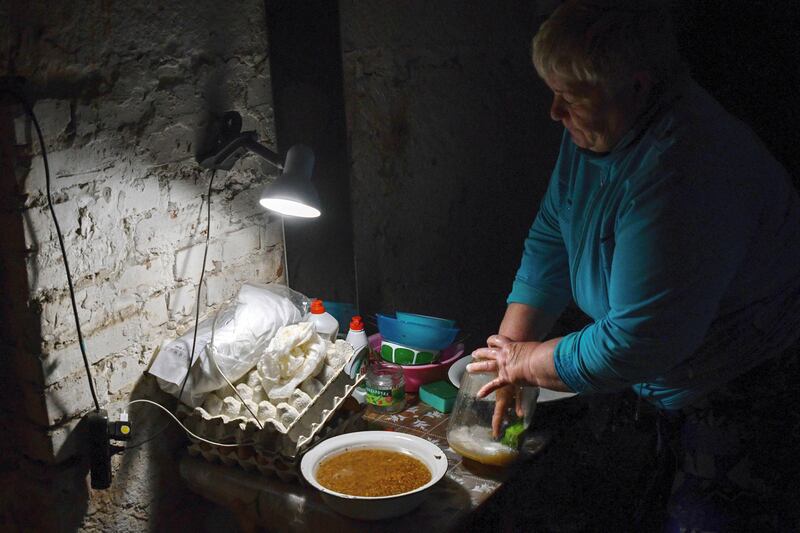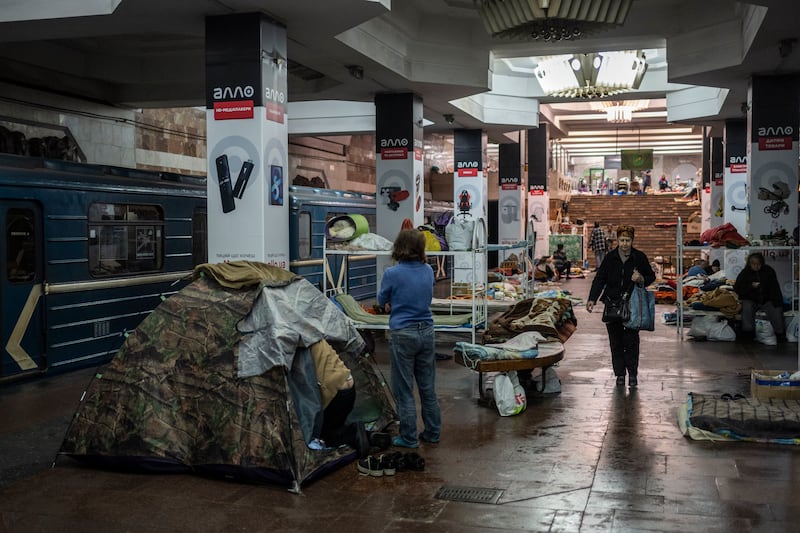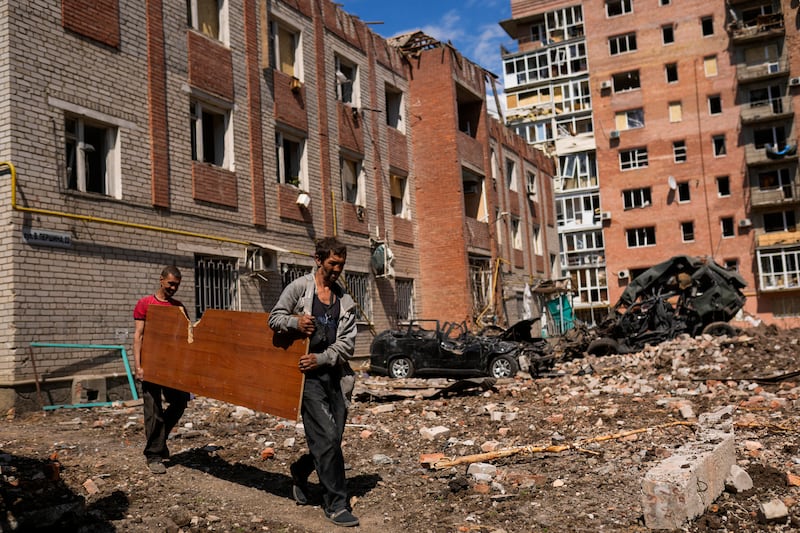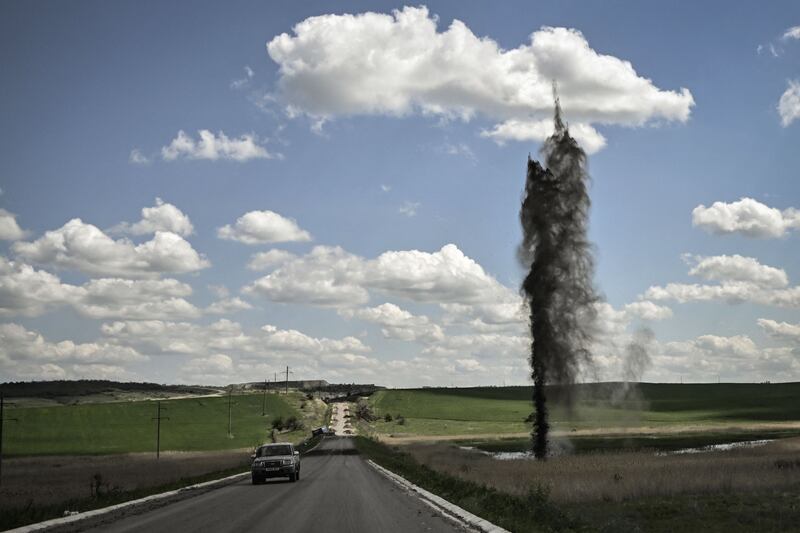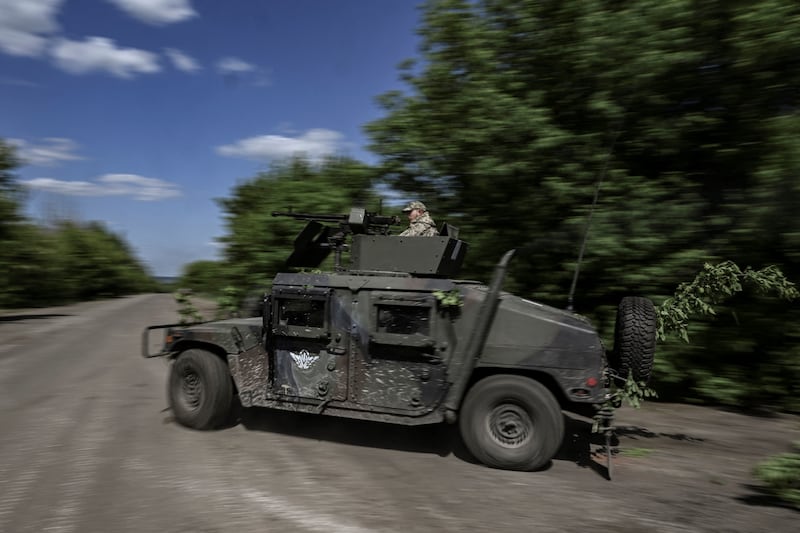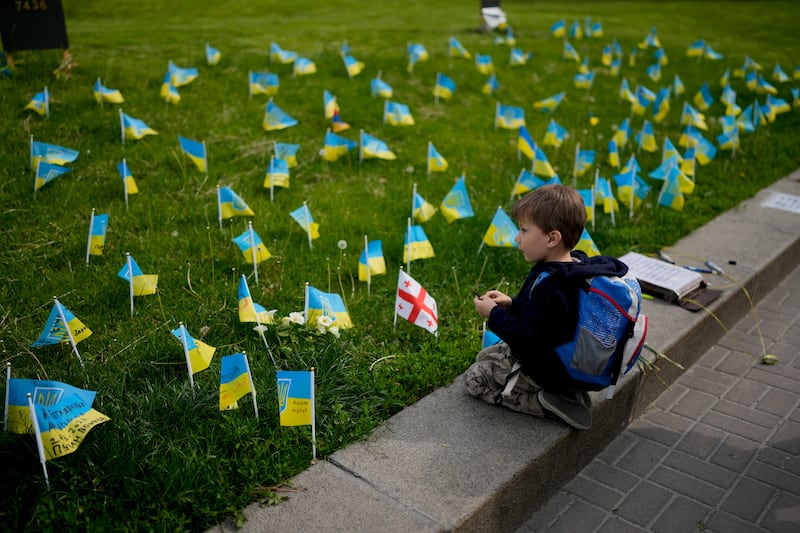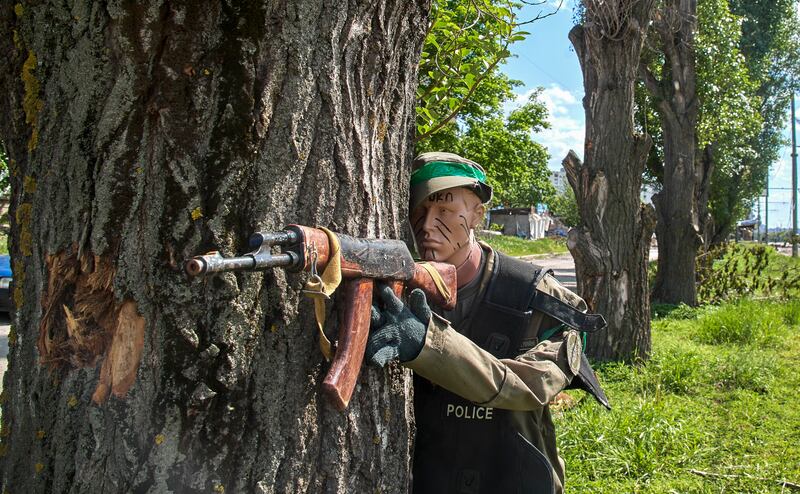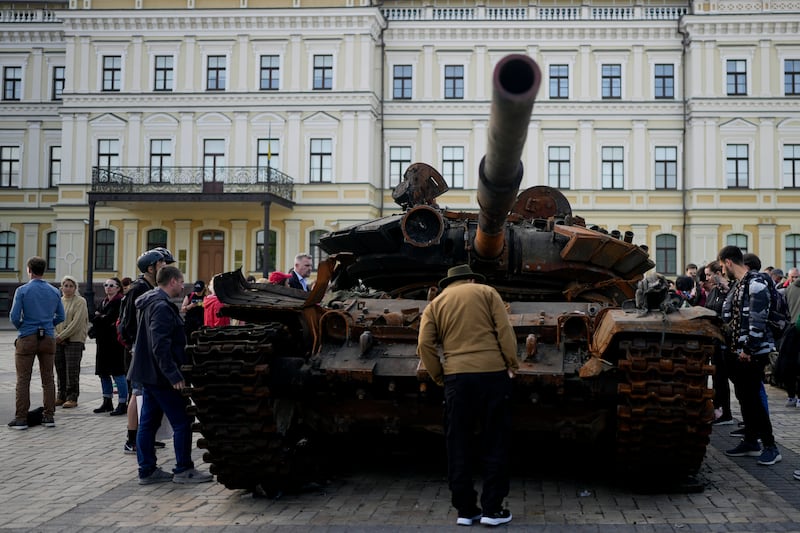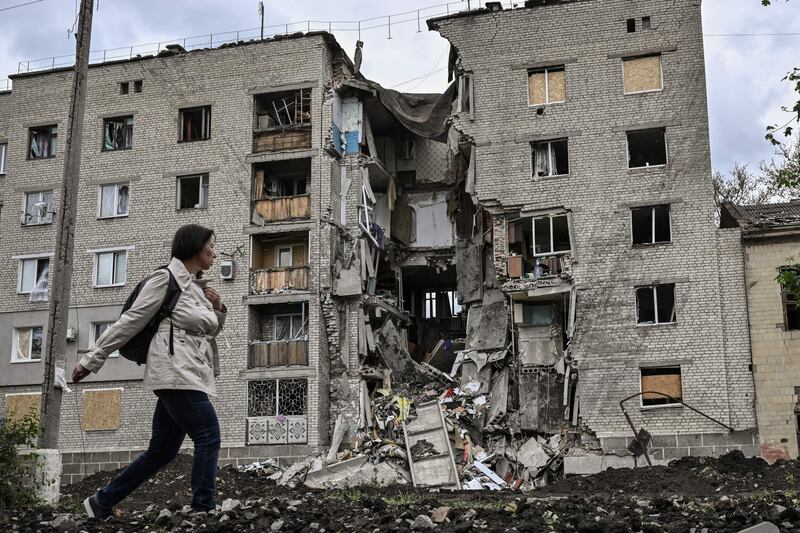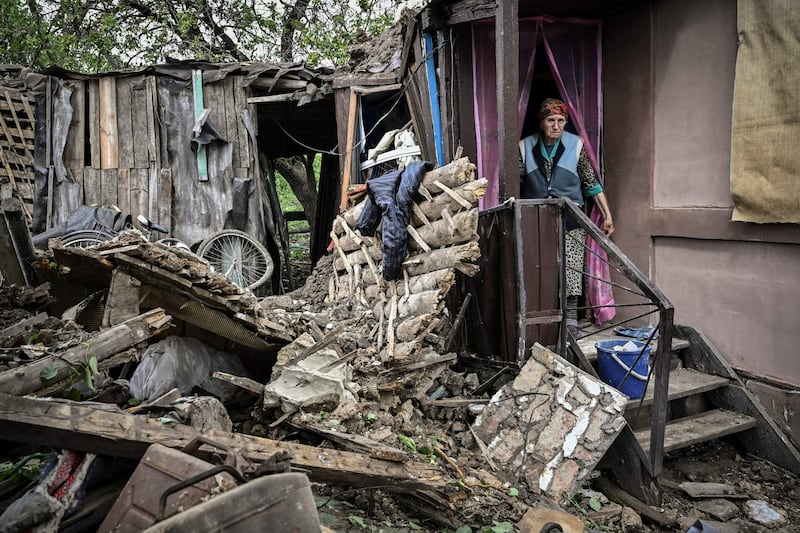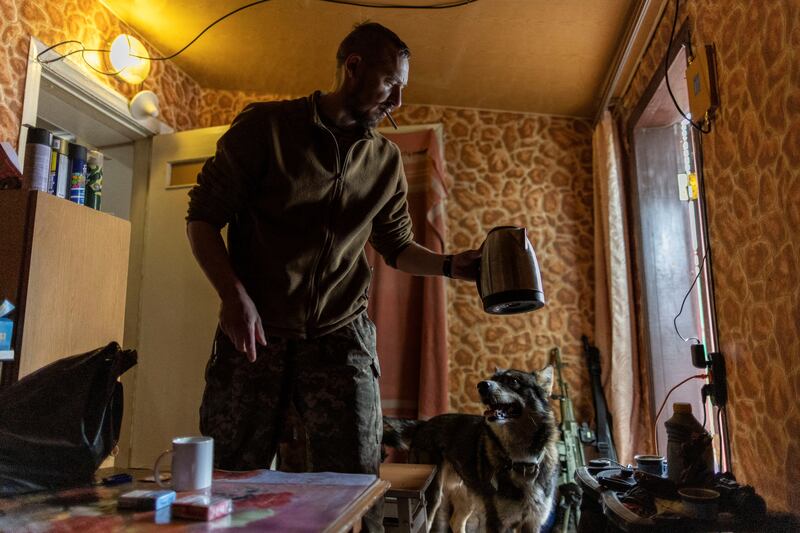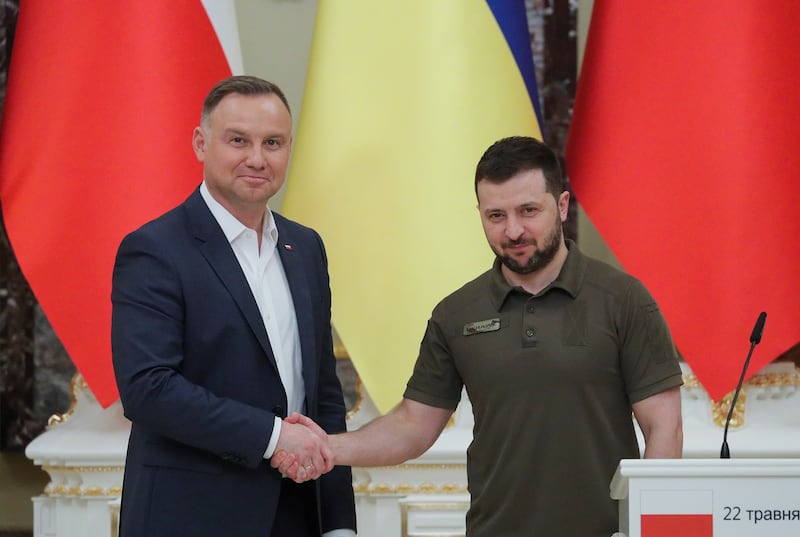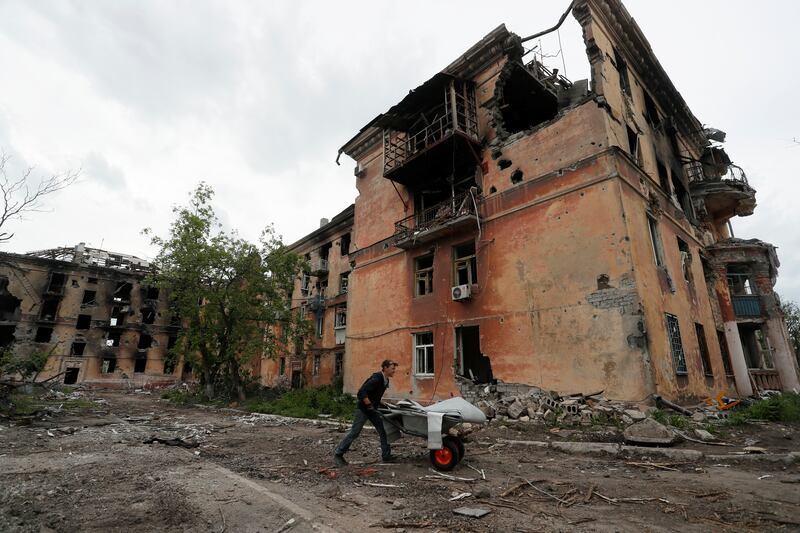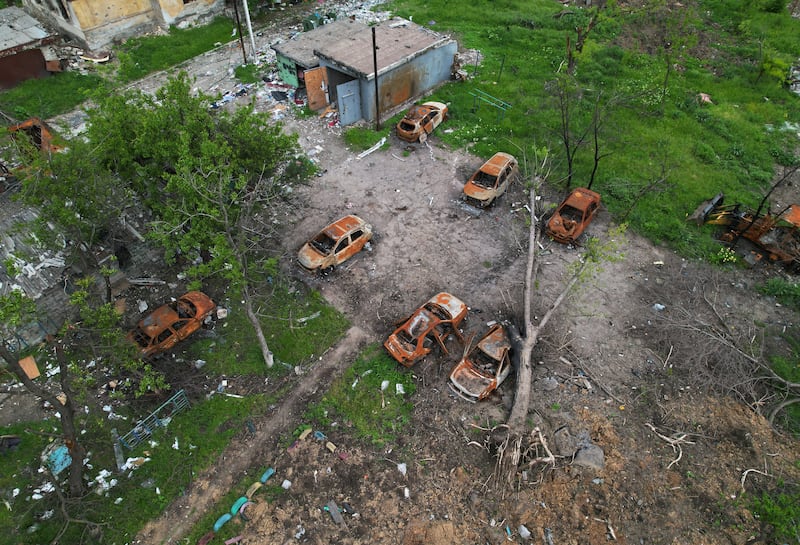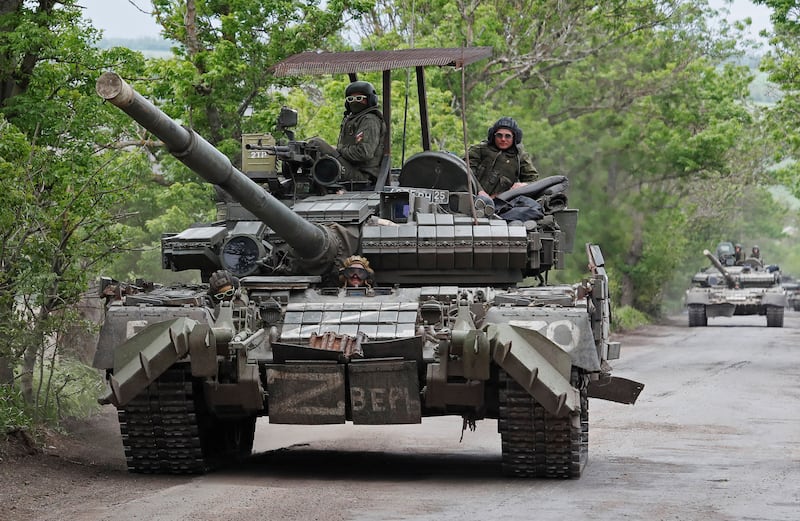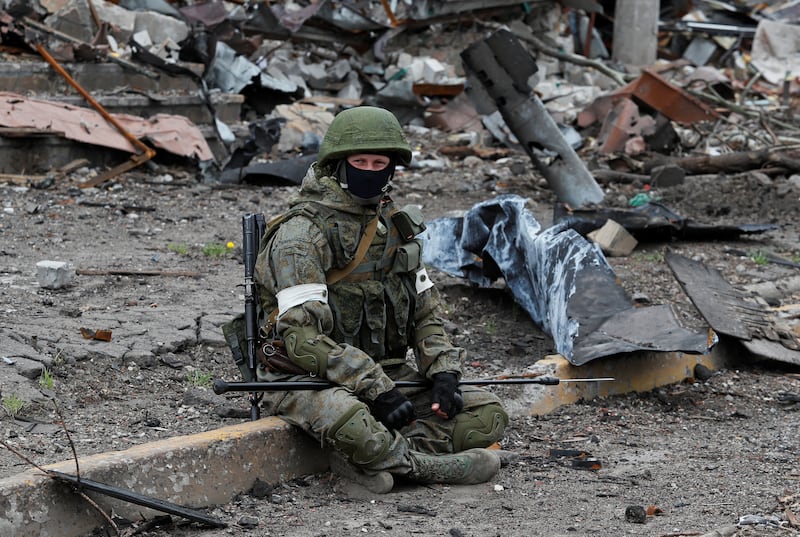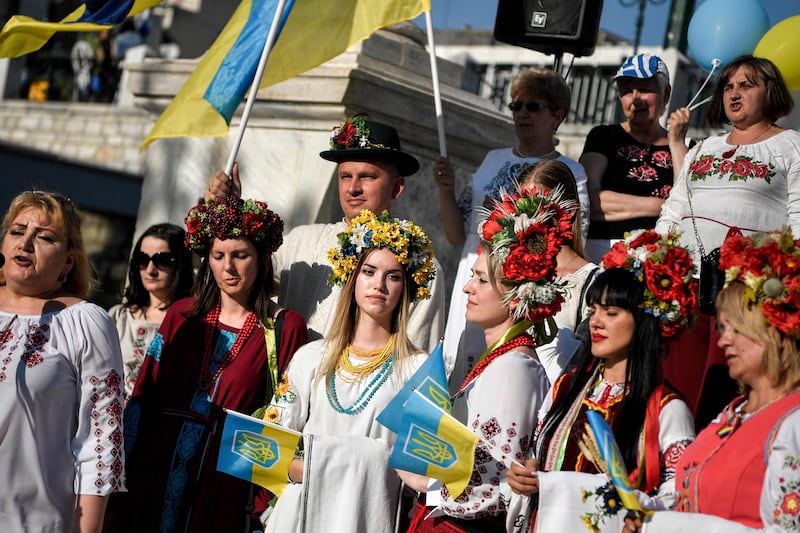The US, India, Australia and Japan on Tuesday renewed their commitment to regional security in the Indo-Pacific, at a meeting of the fourth Quadrilateral Security Dialogue, or Quad summit, in Tokyo.
The group promised to oppose any forceful and unilateral changes in the Asia-Pacific, where the four-nation alliance is challenging China’s growing influence in the region.
“We strongly support the principles of freedom, the rule of law, democratic values, sovereignty and territorial integrity, peaceful settlement of disputes without resorting to threat or use of force, and any unilateral attempt to change the status quo,” the alliance's leaders said.
They said freedom of navigation and overflight is an essential part of achieving peace, stability and prosperity in the Indo-Pacific region and the world.
The meeting was attended by US President Joe Biden and Prime Ministers Narendra Modi of India, Anthony Albanese of Australia and Fumio Kishida of Japan.
The summit, the first in-person meeting in nine months, came at a time when major western world powers and other Quad members were grappling with the Russian military invasion of Ukraine and fears that China — a close ally of Russia — could escalate tensions with Taiwan.
New Delhi is the only Quad member that has refused to explicitly condemn Moscow — its historic strategic and military partner — over its offensive of Ukraine.
Disputed territory

Without naming China or any other country, the leaders gave a warning against any coercive, provocative or unilateral actions to alter the status quo or increase tensions through “militarisation of disputed features, the dangerous use of coastguard vessels and maritime militia, and efforts to disrupt other countries’ offshore resource exploitation activities”.
Quad members, particularly the US, accuse Beijing of militarising the South China Sea and reject China's sovereignty claims in the region, which the group says risk severely impeding global maritime trade routes.
The alliance's announcement comes a day after US President Joe Biden gave a warning that China’s increasingly assertive stance on the island was akin to "flirting with danger" as he promised to defend Taiwan militarily from any aggression.
On Tuesday, Mr Biden, asked if there had been any change to the US policy on Taiwan, responded: "No."
"The policy has not changed at all. I stated that when I made my statement yesterday," he said.
Mr Kishida also backed the US leader, saying Russia's invasion of Ukraine had shaken the fundamental principles of the international order and no further unilateral attempts to change the status quo by force will ever be tolerated anywhere, particularly in the Indo-Pacific.
The Quad nations also agreed on a new maritime monitoring initiative that is expected to bolster surveillance of the waters on their shores.
But Mr Modi skirted any mention of China and its close ally Russia in his opening remarks at the summit as he underlined the importance of alliance at the global stage and a “force for good” in the Indo-Pacific region.
“Our mutual co-operation at the Quad level is giving a boost to a free, open and inclusive Indo-Pacific region, which is the common objective of all of us.
“Quad is carrying a constructive agenda for the Indo-Pacific region. This will further strengthen the image of the Quad as a force for good,” he said.
The leaders also discussed the continuing Ukraine conflict and humanitarian crisis and reiterated calls for peaceful resolution of the disputes and pledged to “uphold the international rules-based order where countries are free from all forms of military, economic and political coercion”.
They also launched a Quad Climate Change Action and Mitigation Package (Q-Champ) to strengthen efforts towards green shipping, clean energy including green hydrogen and climate and disaster-resilient infrastructure.
Mr Modi emphasised the importance of assisting countries in the region with their Cop26 commitments through mobilisation of climate finance and technology transfer, India's Ministry of External Affairs said.
The prime minister held bilateral talks with President Biden on the sidelines of the summit and said he was happy with progress made across sectors in the bilateral agenda under the India-US Comprehensive Strategic Global Partnership.
They also discussed defence and security co-operation and exchanged views on regional issues of mutual interest, including South Asia.
Mr Modi also held bilateral talks with Mr Albanese and congratulated him on winning Saturday's national elections.
The two leaders reviewed the multi-faceted co-operation including in trade and investment, defence, manufacturing, renewable energy, science and technology and agricultural research, India’s foreign ministry said.


